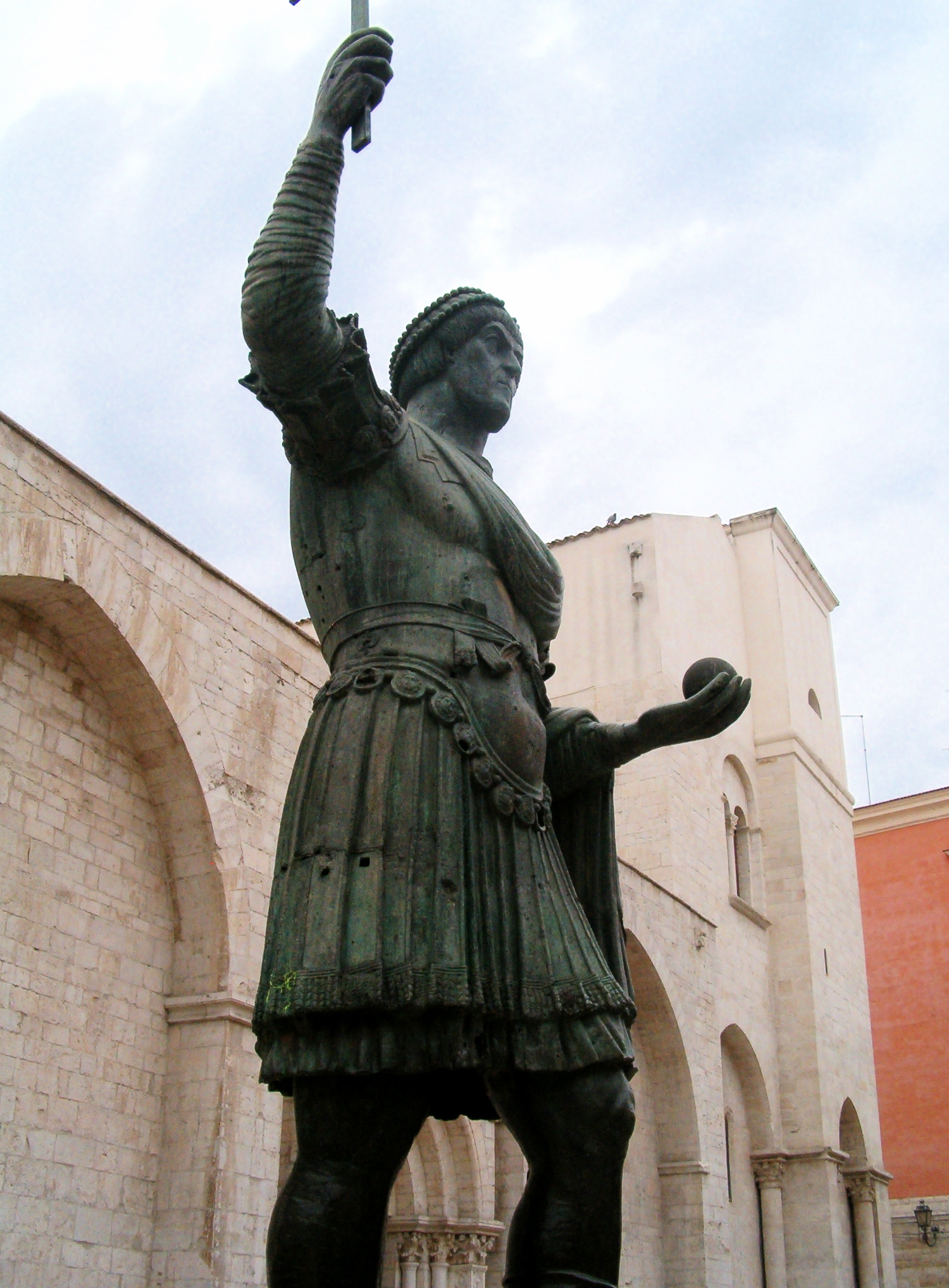The Challenge of Barletta
In
February 1503 a duel near Barletta was fought between thirteen French
Knights and thirteen Sicilian ones for patriotic reasons, as related by
Fabio Albergati in his “Tratto*.del modo di ridurre a pace l’inimicitie
private” written in 1583.
Barletta, a town in the possession of the Spaniards, was besieged by
the French. The Spanish army had a great many Sicilians among their
ranks led by Prospero Colonna. During a skirmish a French captain by the
name of La Motte was captured by Diego Mendoza and led into the town.
During dinner with him and other French captors, La Motte proclaimed
that the Sicilians were cowards and breakers of their word and that he
and other Frenchmen were ready to maintain that statement by means of
arms. Once this statement was reported to Colonna and his soldiers, two
knights, Gianni Capoccio and Gianni Bracalone, were sent to proffer a
retraction from La Motte. He refused to retract and they proclaimed a
challenge to as many Frenchmen as would be willing, to duel with an
equal number of Sicilians. La Motte eventually gave his permission,
despite his initial opposition to the challenge.
The duel was fought between thirteen French knights under La Motte
and thirteen Sicilian knights under Ettore Fieramosca on a field near
Quarato, halfway between Barletta and the French camp.
Prospero Colonna and the famous knight Bayard judged the duel which
was fought according to all the requirements of the code of knighthood.
The French made the first attack and, after six hours, fell into
disarray as some of them were unhorsed and captured and others were
driven off of the field. La Motte was among the defeated, having been
unhorsed by Fieramosca. The Sicilians only had two of their number
forced out of bounds.
Thus the victory went to the Sicilians who returned, with the French
prisoners, to Barletta to the salute of artillery and the ringing of
bells.
Gonzalo de Córdoba, the commander of the Spanish army, gave
hereditary decorations of nobility to each of the victors and
Fieramosca’s family fiefs were confirmed and he was further created as
the Count of Miglionico and Lord of Aquara. A monument was erected on
the site of the duel and the prisoners were freed after the receipt of a
ransom of one hundred gold ducats.



